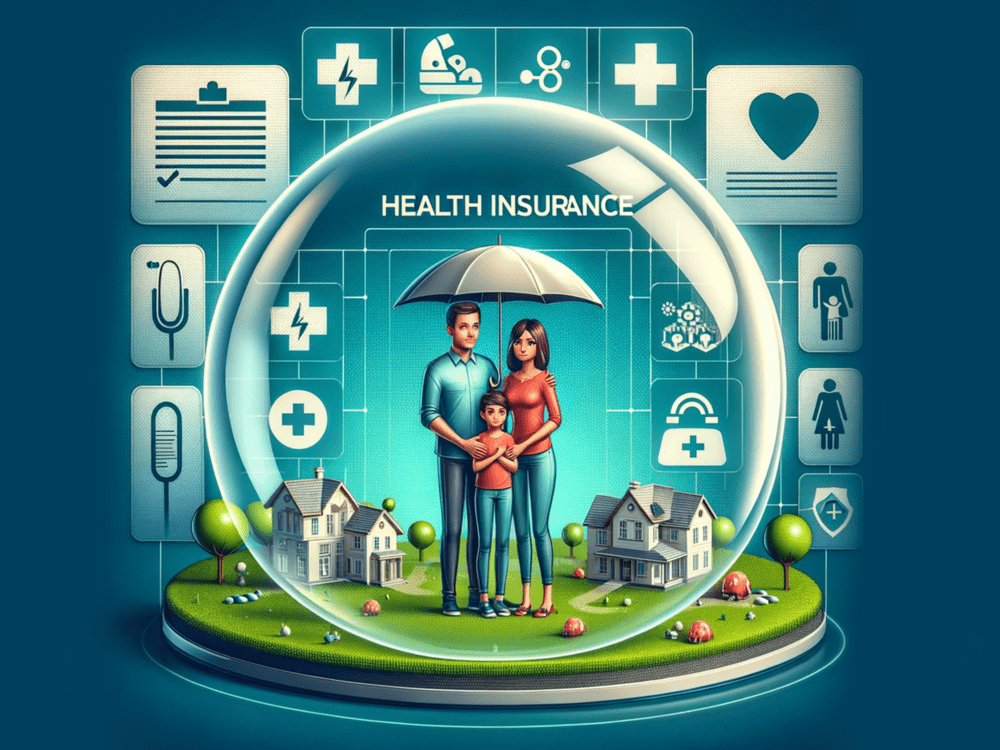Uzone.id – Research shows that Gen Z and millennials now buy more health products and services than previous generations. Consumers want effective health and wellness solutions based on data backed by science.
The research conducted by McKinsey then summarizes five health trends throughout 2024; here is an explanation:
First, when the COVID-19 pandemic entered the endemic phase, consumers showed greater interest in the type of at-home health test kits. On average, they buy tools to test for vitamin and mineral deficiencies and check cholesterol levels.
In line with the previous point, we have entered a new era for biomonitoring through wearable devices. Half of the users in the McKinsey survey said they had bought fitness devices such as smartwatches and biometric rings.
In addition, users also like personalized products and services. With the latest generation of AI installed in medical devices, one benefit is that users can design Workouts tailored to their fitness data.
Furthermore, the data shows that consumers are starting to switch from health products from natural ingredients to products with clinically proven ingredients.
Lastly, the rise of influencers who are increasingly aware of sharing their journeys around personal health with varying levels of credibility indirectly encourages people to ask for recommendations from doctors directly. They avoid “healthwashing” or deceptive marketing by positioning products as a healthier tool than the actual content (overclaim).

Health trends and their impact on assurance
Technological advancements drive the ever-evolving landscape of healthcare. Lifestyle changes are increasingly emphasizing preventive care. As a result, these changes also impact the insurance industry, where companies are indirectly forced to adjust products and services to meet user needs.
Changing health trends also make insurance company risks increasingly difficult to predict and manage. On the other hand, companies must maintain customer trust by providing quality and transparent services. By embracing new technologies, developing innovative products, and fostering strong partnerships with healthcare providers, insurers can position themselves for success in the future.
The insurance industry has also begun to update its services and products through new health trends. Companies are starting to compete to create insurance products that are more flexible and can be adjusted to the needs of each individual.
The change in the health service model to be digital-based also requires insurance companies to adapt to this model. One way to do this is to collaborate with telemedicine service providers or develop their digital platforms.
And if insurance products were mostly focused on treatment in the past, now there is a shift from treatment to disease prevention. Insurance companies have yet to start creating wellness programs for their customers.
In line with the improvements and new products issued by insurance companies, companies will inevitably have to increase the amount that users must pay. Ever competition between companies will also be more intense; insurance companies must continue to innovate to remain competitive and attract new customers.
Health trend predictions in 2025
Trends in the health industry are always dynamic. Reportedly, in 2025, there will be transformative changes in this field. Technological advances will transform healthcare services, improve efficiency, and allow individuals to access and understand their health information more easily.
One of them is through telehealth, where patients can later consult virtually with doctors and professional workers, receive follow-up treatment, and learn about disease prevention without the need to come to the hospital.
Not only technology to heal physical wounds but technology around mental health in the form of AI-powered applications seems to be increasingly popular. This technology supports individuals who struggle with depression, PTSD, and other mental health issues and allows individuals to receive therapy from anywhere.
In addition, the use of AI in the health sector is increasing. AI and machine learning will be tools in revolutionizing disease diagnosis, enabling more accurate early detection of diseases.
Not to forget, health technology that can be used as everyday accessories, such as smartwatches and biometrics, will continue.
















